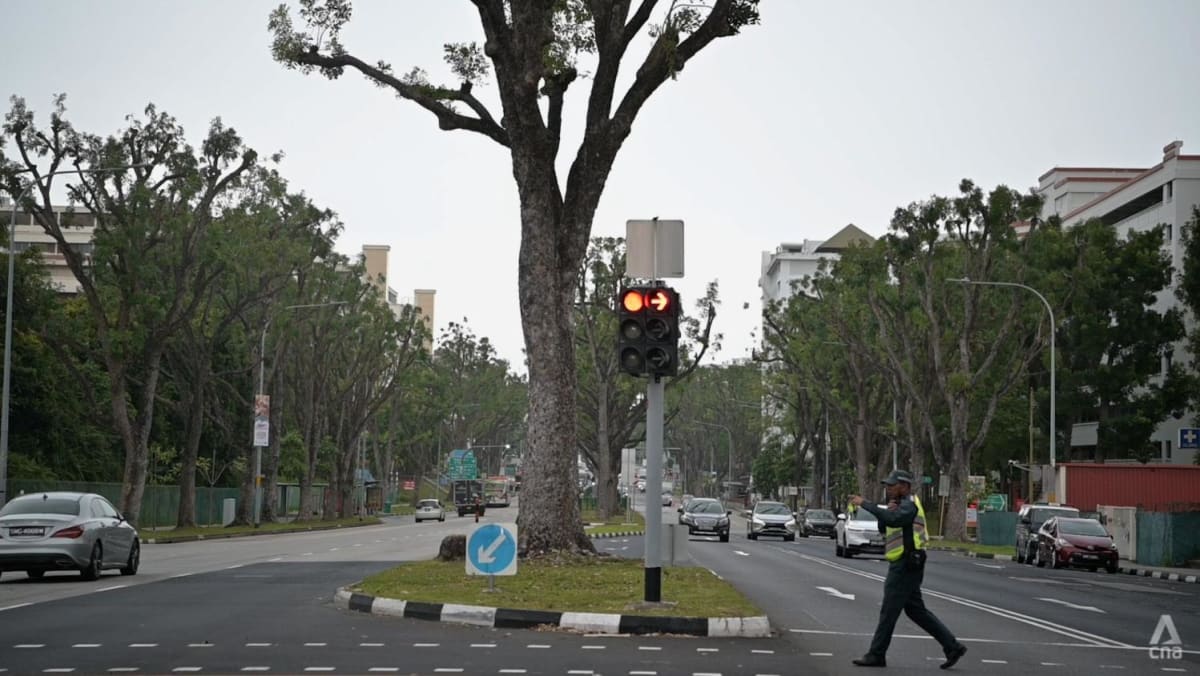Immigration Minister Marc Miller says he’ll be scrutinizing the number of international students and other non-permanent residents coming into Canada, as political tension builds around the interplay between housing affordability and immigration.
In an interview airing Sunday on Rosemary Barton Live, Miller said the relationship between housing and immigration is complex, and it was discussed around the cabinet table when it came to setting targets for the number of people coming in to Canada.
“Housing has and continues to be a concern, acutely so now in a post-COVID scenario, with the increase in interest rates, with supply challenges, but also just affordability challenges,” Miller told CBC chief political correspondent Rosemary Barton.
“It isn’t immigrants that raised interest rates, but volume is volume and it’s something that we need to look at.”
Canada is facing major challenges around housing affordability. The Conservative opposition has sought to place the blame on the Liberal government by linking government deficits with rising interest rates.
Rosemary Barton speaks with Immigration Minister Marc Miller about how the number of non-permanent residents in Canada is putting a strain on housing and health care and what the government is going to do to balance population growth with services needed.
“My common-sense plan is to cut waste and cap spending to balance the budget so we have more affordable interest rates,” Conservative Leader Pierre Poilievre said during an event in Thunder Bay, Ont., on Friday.
“And secondly, to tie the number of dollars cities get for infrastructure to the number of homes they allow to be built.”
Polls suggest a shift in Canadians’ thinking on immigration in relation to housing, with a strong majority saying that greater numbers of people coming together are exacerbating the housing affordability crisis and increasing strain on the health-care system.
The Liberal government has responded with a series of measures designed to increase housing affordability — including a flurry of deals with municipalities to incentivize more housing-friendly zoning and regulation changes — in exchange for federal dollars. Miller also introduced new regulations on foreign students in December.
This week, a report by The Canadian Press revealed senior civil servants had warned the government that increased immigration would have an impact on the affordability and availability of housing, as well as services such as health care.
Focus on non-permanent residents
In November, the government announced that after several recent increases to its annual immigration targets, it would hold steady at a goal of 500,000 new permanent residents in 2026. Miller also said his work in the next few months would focus on temporary residents.
“I think the challenge with the non-permanent resident targets is there are none,” he said, noting that restricting temporary workers could have serious economic implications.
“We have to take a look at that and rein it in, in many areas, but we need to be clear about what that means, exactly.”
He floated the idea of either reforming postgraduate work permits or “really controlling the volume” of non-permanent residents.
In a separate interview on CBC’s The House that aired Saturday, Miller defended the government’s approach to immigration broadly, arguing that it was needed to ensure a sustainable and growing labour force in Canada as the population ages.
Miller also noted that issues like the number of post-secondary students coming to Canada on temporary visas are shared with provinces, which are responsible for regulating colleges and universities.
Jovial Orlachi Osundu, president of the international students association at Université de Moncton, said in a separate interview on Rosemary Barton Live that it was “pretty unfair to blame international students” for the housing crisis, and that affordability was already having an effect on people looking to move to Canada.
“I believe it’s going to discourage people that are waiting to come here for studies,” Osundu said.
Rosemary Barton speaks with Jovial Orlachi Osundu, an international student in Moncton, about the difficulties in finding affordable housing and the increasing costs of being an international student. Get the latest on CBCNews.ca, the CBC News App, and CBC News Network for breaking news and analysis.
Miller said the federal government was looking to intervene in a market where some actors were trading long-term pain in the housing market for short-term monetary gain.
“I don’t want to be crass about this, but the federal government is the only actor here not making money off this,” Miller said. He said some provinces needed to be ready to make changes and he was looking forward to working with them.
“We need to signal to them that the bar is closed and we need to figure this out. And it’s shared jurisdiction — the federal government is prepared to do something if they’re not.”






